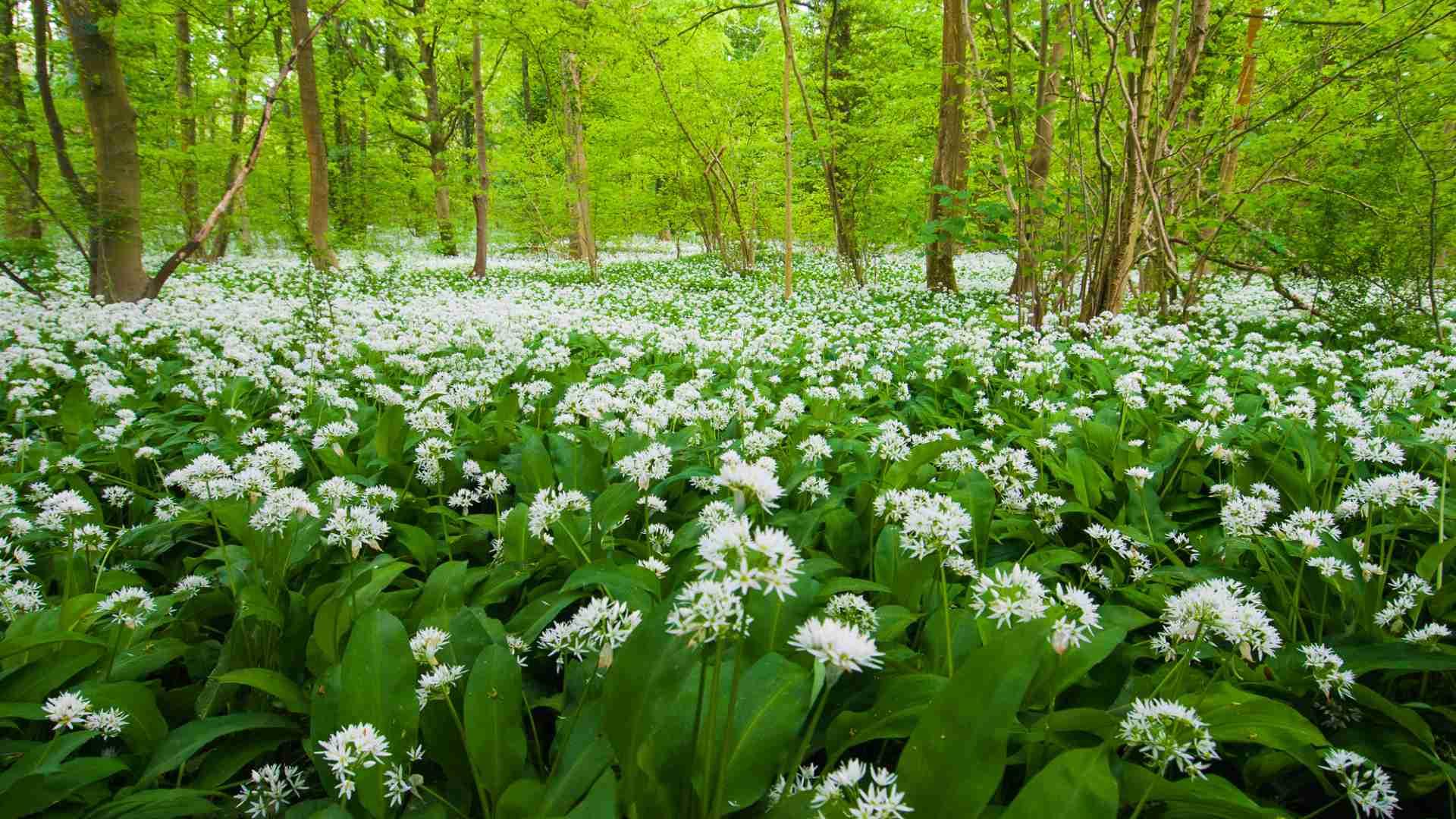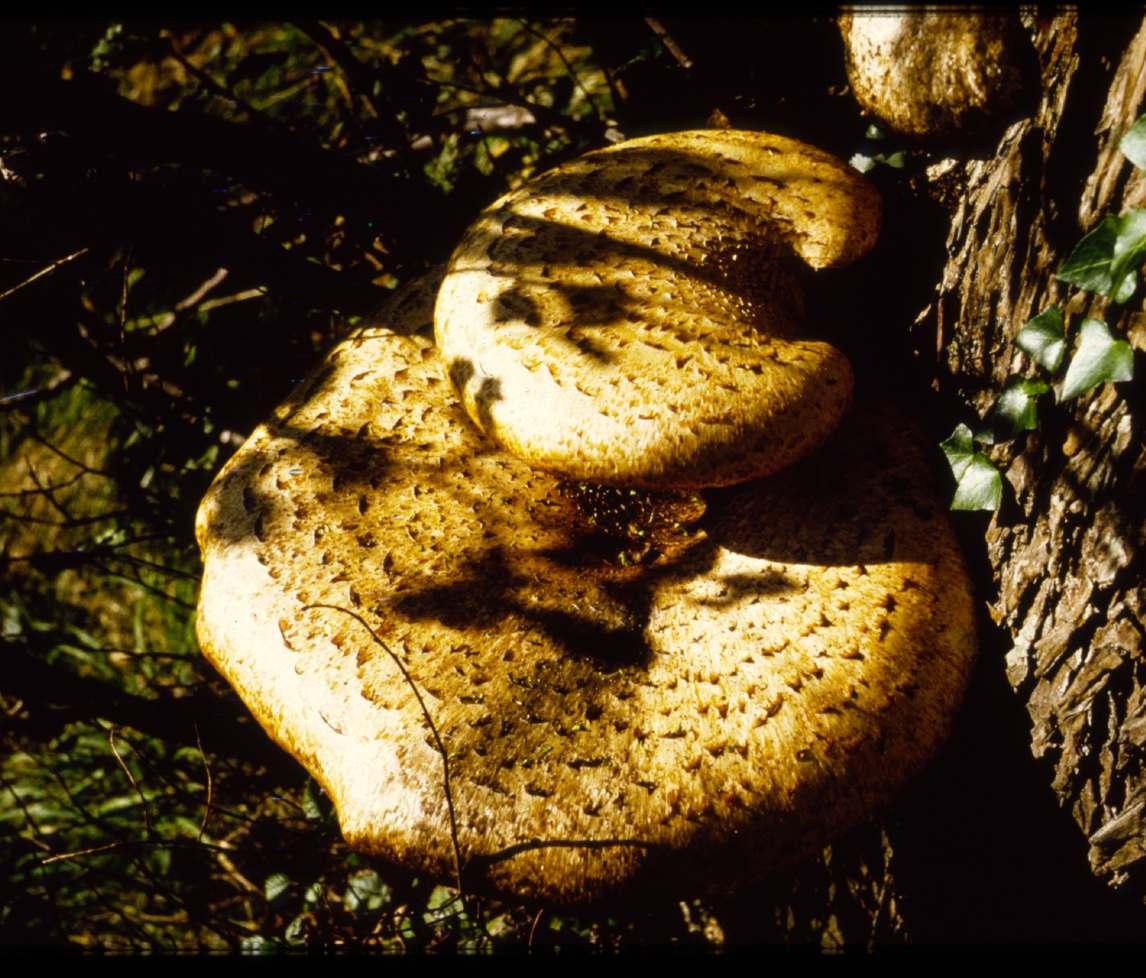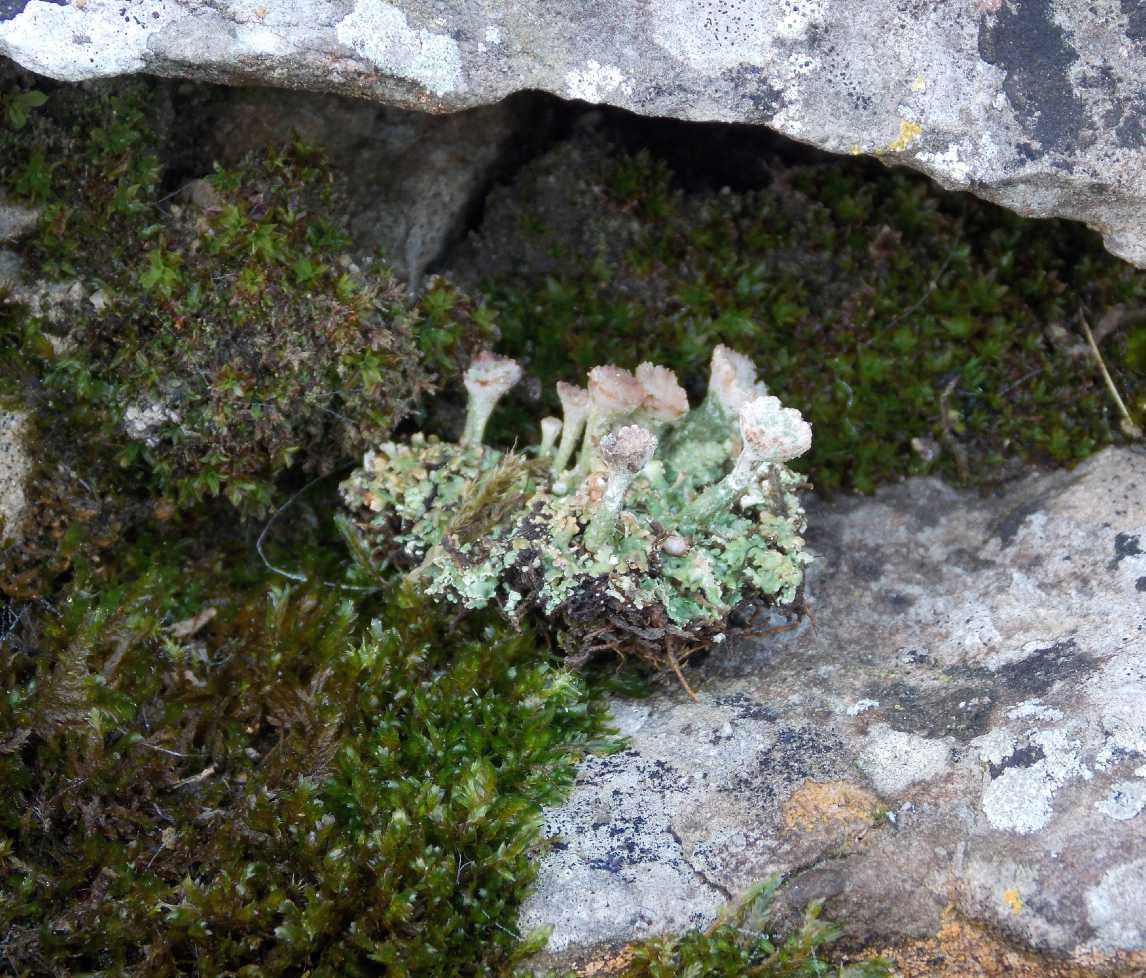Science challenge
Reliable data is needed to address crucial questions about environmental change, biodiversity loss and its implications for ecosystems and human well-being. The historical legacy of biological recording in the United Kingdom is unique and inspiring, resulting in vast sets of species observations (biological records) built up through the expertise of committed volunteers. But there is a need for a focused approach to the collation, management, dissemination and interpretation of these datasets.
Project summary
The Biological Records Centre was established in 1964 and has since developed to provide a world-leading capability in the management and use of volunteer-based wildlife recording. This form of citizen science is increasingly recognised as an invaluable approach for the scientific community to address long-term and large-scale research on the impacts of environmental change. Independent estimates from JNCC give a value of a £20 million per annum for the value of UK volunteers’ time for biodiversity surveillance. Our work involves: supporting the underlying infrastructure to ingest, manage and provide access to data; liaison with 85 National Recording Schemes and Societies and developing effective approaches to analysing the data to understand drivers of change and implications for Natural Capital. This results in innovative approaches to public engagement in science and nature through recording wildlife and policy relevant scientific research (e.g. work on non-native species and biodiversity indicators).


